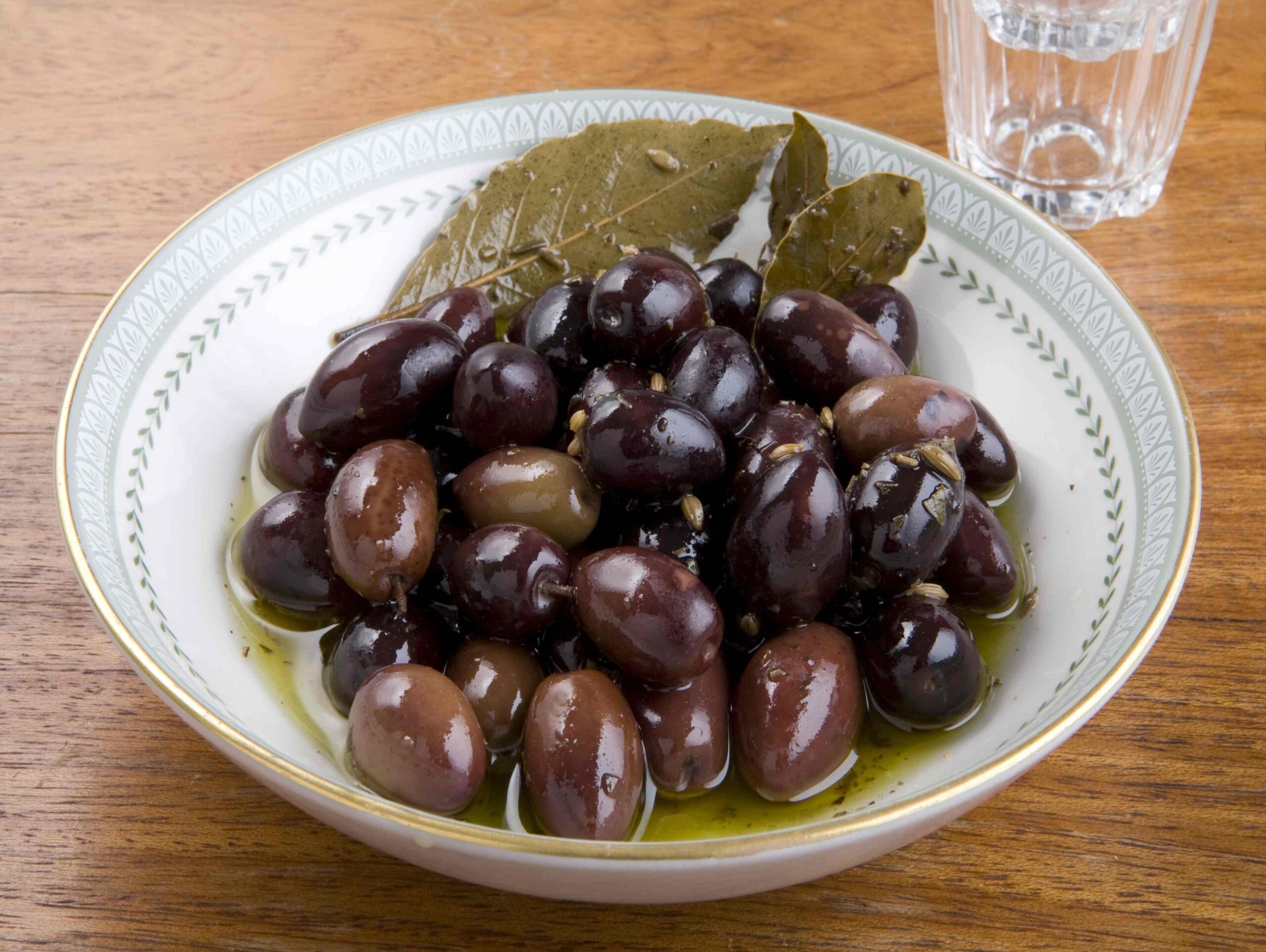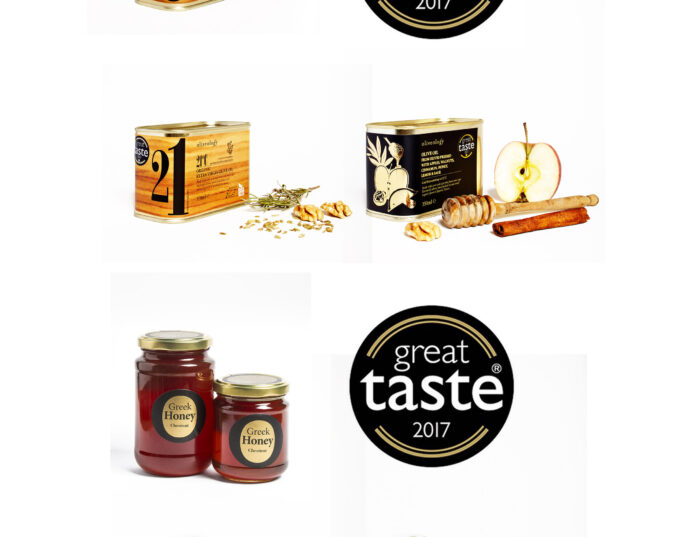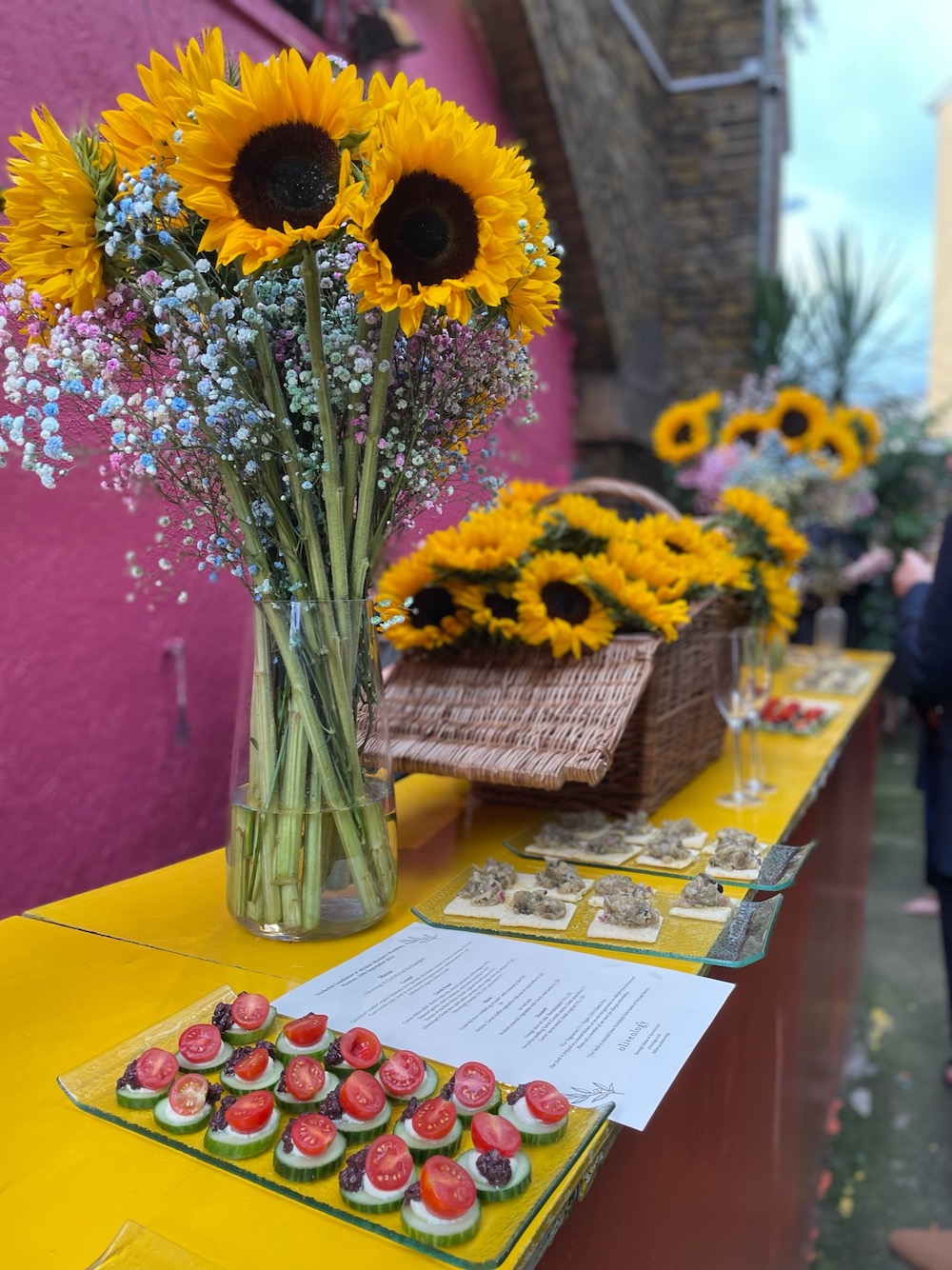Although fermentation seems to be one of the oldest methods for preserving food, lately it feels like the most fashionable thing a foodie can do or consume. It’s not some crazy science but the breakdown of complex molecules in organic components caused by the influence of yeast or other substances. There are two types of fermentation: lactic acid fermentation and alcoholic fermentation.
All around the world people have been transforming food with the help of microbes for thousands of years. Some of the most popular –and sought after- fermented products are sauerkraut, kimchee, fermented vegetables, kefir and yogurt. One of the first fermented products recorded seems to be Garum (Γάρος), the centuries-old condiment of fermented and salted anchovies with sharp, savoury flavour which Ancient Greeks and Romans used to add to their dishes.
A live, unpasteurized, fermented food is quite dissimilar to a “pasteurised” one. Pasteurisation does indeed “conserve” the food, but unfortunately it also destroys everything in it, including all enzymes, nutrients and beneficial microbes. Culturing or fermenting food not only enhances the richness and flavour of the food or beverage, but also increases levels of beneficial flora and enzymes significantly, both for weight loss and for overall improvement of numerous symptoms, including depression, anxiety, brain fog, skin problems, hormonal issues, immune weaknesses, digestive problems, and fatigue. These foods are highly recommended as they are a type of natural probiotic, since they are packed in so many live bacteria along with many other crucial nutrients.
When thinking of fermentation, olives might not be the first thing that comes in mind. Let us explain in detail why we are so proud of the way our raw, unpasteurised Kalamata olives are produced and how they retain their full flavour and excellent nutrients. The main skill of olive preparation is in removing its bitterness, to make the olive more pleasing to the palate. As far as commercial olives are concerned, they are usually being artificially oxidised, afterwards added caustic soda (E524), in order to eliminate bitterness and later they are heat treated for antibacterial reasons. Commercially produced olives are either pasteurised (heated to 78 degrees for 5 minutes) or sterilised (heated to 125 degrees for 35 minutes). Tinned olives are usually sterilised; left soft and dry without any taste or nutrients left. As far as non-commercial olives are concerned, a traditional way of curing them is in salted water. This method affects their flavour though as well as their nutritious value, since sometimes they are heated in the jar.
Our olives are fresh water cured and left to naturally ferment. We don’t slit or crack the olives or use any mechanical or chemical means (caustic soda) to speed up the curing process. In this way the olives retain their beautiful shape and flavour. This is a slow and labour intensive process, which ranges from 6-9 months. Next the olives are preserved in organic extra-virgin olive oil, organic vinegar and mixed wild herbs.
This is why our olives are a true superfood truly superior in polyphenols than commercial olives. Such results are only possible when the olives are naturally and slowly cured to naturally ferment and they are not pasteurised.
Buy our organic, unpasteurised, naturally cured/ fermented olives!




